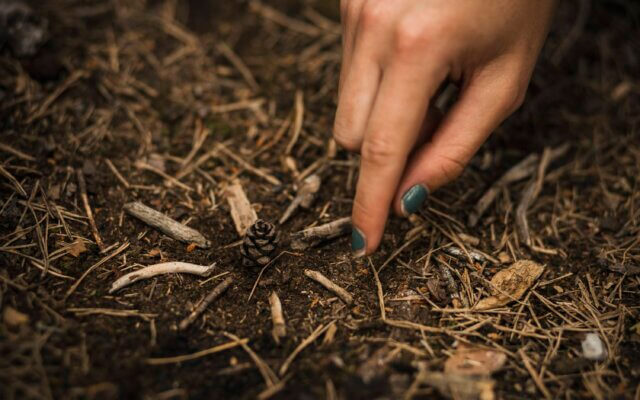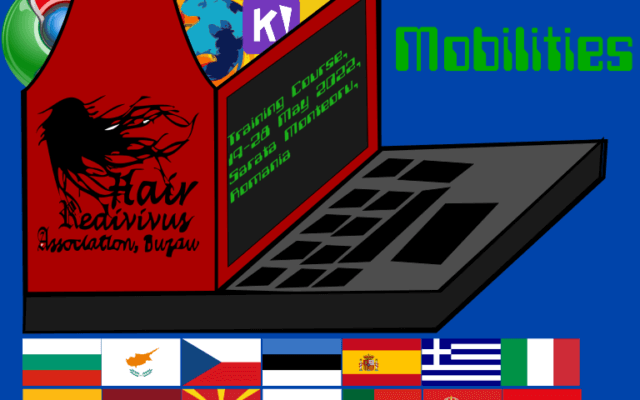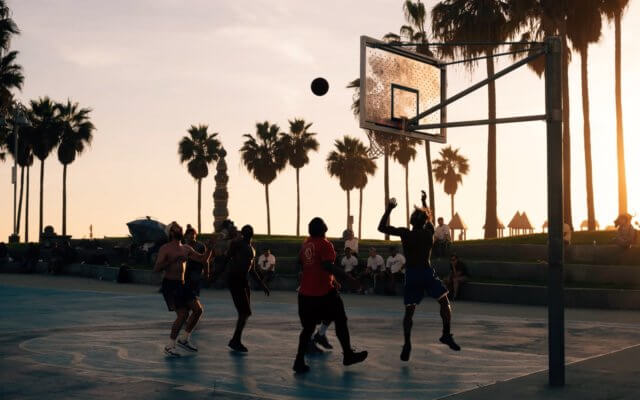Programme & action: ERASMUS+, Key Action 1: Contact Making Seminar
Venue: Puerto de la Cruz, Tenerife, Canary Islands, Spain
Dates: 1-6 November 2016
Participants: Ondřej Svačina, Jakub Miklín
Please read the info-pack
Participating countries: Spain, Bulgaria, Cyprus, Czech Republic, France, Greece, Croatia, Italy, Poland, and Portugal
Host organisation: Asociación P.O.D.
Project report:
A contact making seminar about inclusion of young people with fewer opportunities took place at the beginning of November in Puerto de la Cruz, a port city in the northern coast of Tenerife. Twenty youth workers from organisations working with youth with fewer opportunities met there in order to establish new partnerships and start working on common projects. Apart from the group from Spain that organised the CMS there were also youth workers from Portugal, Italy, France, Croatia, Bulgaria, Greece, Cyprus, Poland and of course the Czech Republic.
The project started with a nice informal welcome party where we had the first opportunity to talk to each other and get to know all participants. During the second day’s morning we already started to work – a programme of the seminar was introduced to us and then we could finally start networking. The first step of building a good and stable partnership is getting to know the respective organisations and thus we couldn’t skip NGO fair – probably the best method for that.
Project’s activities can be divided into theoretical and practical ones, though also the latter ones were merely based on sharing of our experiences and thus they required our active participation as well. During several sessions we refreshed and broadened our knowledge about the Erasmus+ programme and its key actions, shared our experience and tips from our own projects’ implementing and together were looking for solutions of problems we are tackling. We paid a special attention to integration of young people with fewer opportunities to society. One session led by a local youth worker explained categories of inclusion topics defined by the Erasmus+ programme and what specifically they mean. We gained a lot of inspiration from examples of inclusion methods that can be used, unfortunately we didn’t have enough time to practice them.
The most of time was dedicated to working on our new common projects. First, we had to identify problems concerning inclusion we tackle in our local communities and so define a project’s topic. Later on, we were already working in international groups with people that aimed at the same problem or a similar one in their project proposal. Our objective was to identify project’s target group, decide within which Key Action and activity of the Erasmus+ we will apply the project, set our aims and objectives as well as specific activities that will lead to their achievement and think about how we would disseminate and multiply the project’s results. Though there is still a lot of work waiting for us before applications’ submitting, we have a lot of ideas and plans for future cooperation.
The seminar was quite short – it lasted only for four working days – however, there was also time to explore beauties of the biggest of seven Canary Islands: Tenerife. Moreover, our Czech group was a lucky one and stayed two days longer at Tenerife. We visited the El Teide National Park though we weren’t able to reach the top of the highest Spanish mountain, El Teide volcano and with several stops we drove around the whole island. Nature in Tenerife is (of course) absolutely different from everything you can see in the Middle Europe, be it palm trees and banana plantations that are almost everywhere, volcanic countryside around El Teide, beaches with black sand or breath-taking views at Los Gigantes cliffs and Teno massif. Of course we used also a possibility to swim in the Atlantic Ocean.
During the seminar we were accommodated in the 2-star Apartamentos Tenerife Ving in fully furnished shared rooms with bathroom, kitchenette and balcony. The most of time we spent nevertheless in a seminar room that was about 10 minutes walking distance. Sometimes, we also worked outside in a city park. Spanish people are known by their habit of taking their time for eating and we could experience it also during the project. Fortunately, because sometimes it was really difficult to choose from so many kinds of yummies.
We would like to thank the organisers for inspiring seminar and EYCB project coordinator Jana Parolková for the opportunity to spend one amazing week at Canary Islands.
Jakub Miklín & Ondřej Svačina


